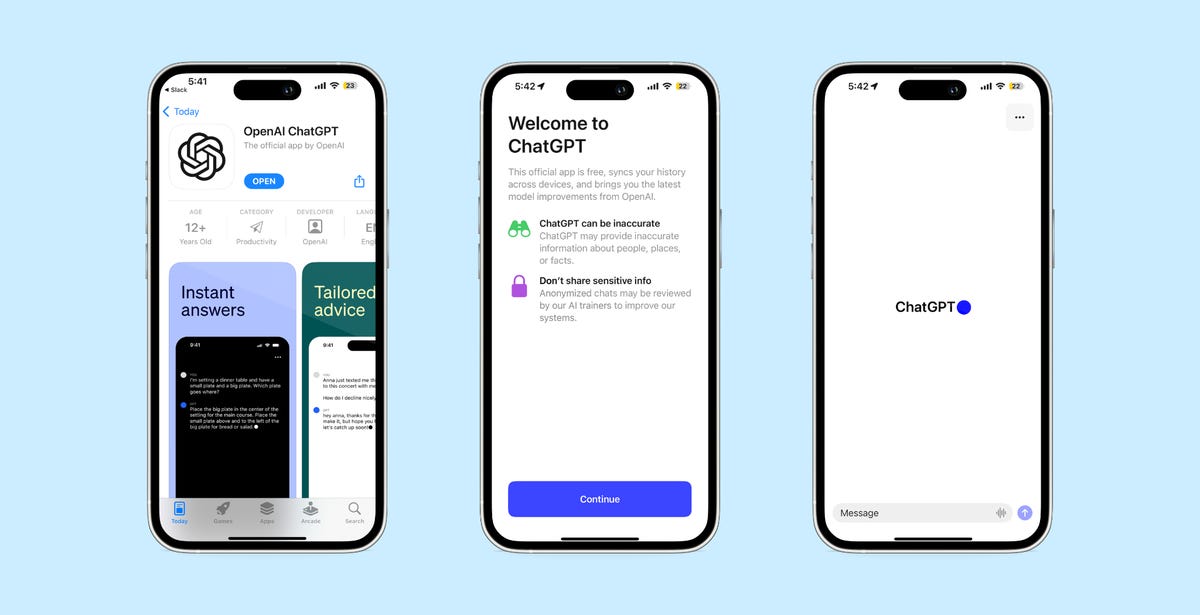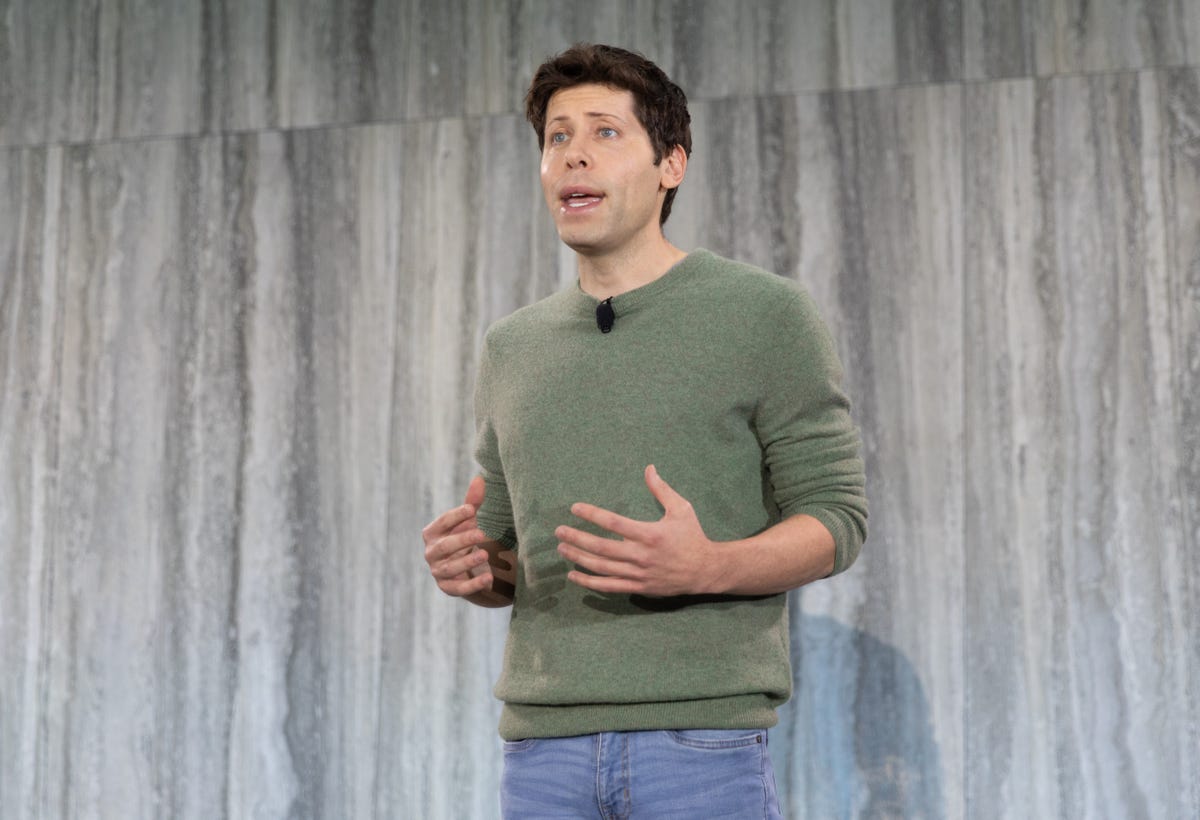
Apple hasn’t publicly entered the generative AI race yet. But there’s a good chance we’ll see the technology baked into its upcoming software.
Unless you have been completely out of touch, it is highly likely that you have come across the term “generative AI” multiple times by now, possibly due to the immense popularity of the ChatGPT service. Not only did the success of this AI-powered chatbot bring attention to OpenAI, the organization behind it, but it also ignited a competitive race in the tech industry to advance AI capabilities – a race in which Apple has conspicuously been absent.
Earlier this month, Google made a flurry of AI-related announcements at its annual developer conference, including a new AI-infused version of search and Bard, its AI-powered chatbot, which is being rolled out across the world. It’s not just Google. Before that, Microsoft built generative AI into its suite of long-established productivity apps like Word, PowerPoint and Outlook in a move that’s changing how more than a billion people work. In February, Meta released its own sophisticated AI model, which has many of the same capabilities at ChatGPT and Bard, as open-source software for public use.
But what about Apple?
The short answer: Even though AI technology is hardly new to Apple, the iPhone maker still remains missing – at least publicly – from the current generative AI gold rush.
“We’re in the heart of the generative AI hype cycle, and there are major new developments weekly, ” Avi Greengart, analyst at Techsponential, told CNET. “Apple can afford to be deliberate in how it applies new technologies to fit its ecosystem.”

Apple has typically followed a cautious approach when it comes to embracing emerging technologies, and this strategy has often proven successful for the tech giant. A prime example is the iPad, which wasn’t the first tablet to hit the market, but is widely regarded as the best tablet by many, including CNET editors. Another recent instance on the hardware front is foldable phones, where Apple has remained the sole major player yet to release such a device, with Google taking the lead. Google unveiled its inaugural foldable phone, the Pixel Fold, at its developer conference in May, despite not having the same level of experience in phone manufacturing as Apple. However, rumors suggest that a foldable iPhone, potentially named the iPhone Flip, may enter the market in 2025.
CEO Tim Cook’s remarks indicate that Apple may be adopting a similar cautious approach towards generative AI. During Apple’s earnings call in May, when questioned about generative AI, Cook emphasized the importance of being deliberate and thoughtful in approaching such technologies. He acknowledged that there are various issues that need to be addressed and sorted out. While AI is a topic of discussion in various contexts, Cook expressed that the potential of generative AI is undeniably intriguing. These remarks suggest that Apple is carefully considering the implications and possibilities of generative AI before making any significant moves in that direction.
However, with a fast-developing AI technology, Apple could risk falling far behind its rivals. For all Apple’s business success, it has lagged in specific categories. For instance, its HomePod smart speaker didn’t hit the market until years after the Amazon Echo and Google Home, which have a far higher market share than Apple in the smart speaker category.
When it comes to the topic of AI, Apple isn’t alone in adopting a cautious approach. It’s also coming from the technology’s own backers – including the founder and CEO of OpenAI, Sam Altman, who has concerns ranging from election disinformation to mass jobs displacement.

Last Tuesday, speaking before a Senate subcommittee, Altman said he’s “eager” for artificial intelligence to be regulated. He also spoke about the promise of artificial intelligence and discussed its potential harms. “If this technology goes wrong, it can go quite wrong,” he said.
Altman’s comments followed calls by a group of AI researchers and tech leaders, including Elon Musk and Steve Wozniak, to pause development of AI systems more powerful than GPT-4 over concerns about runaway risks without sufficient guardrails. Geoffrey Hinton, credited as the “godfather of AI,” resigned from Google in May so that he could freely share his concerns about the technology he helped create, which he says could cause the world serious harm.
